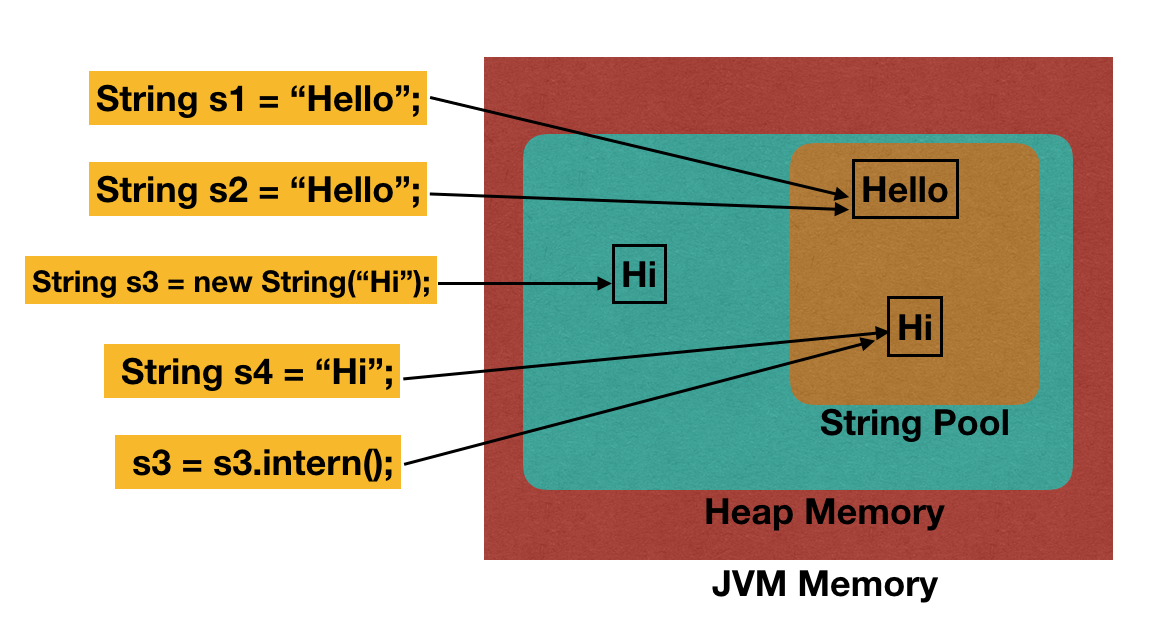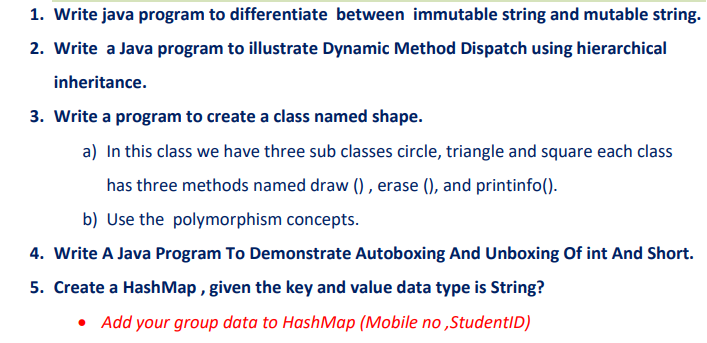Exploring the Benefits of Unalterable Strings in Modern Programs Paradigms
In the realm of contemporary programming standards, the principle of immutable strings stands as a keystone of robust software application advancement. The benefits they use exceed simple benefit; they basically change the method data is handled within applications. By adopting immutable strings, programmers can ensure enhanced data stability, improved string safety and security, streamlined debugging procedures, boosted safety and security actions, and effective performance optimization. These benefits offer as a testament to the extensive effect that welcoming immutability can have on the integrity and performance of software program systems.
Boosted Information Integrity

By stopping the modification of string things, immutability eliminates the risk of unintentional modifications to the data they hold. This not only boosts the protection of the details however additionally improves the reliability of the code that counts on these strings.
Immutability additionally supports much safer multithreading atmospheres, as simultaneous access to unalterable strings does not pose the threat of information corruption with synchronised alterations. This home simplifies the procedure of taking care of strings in parallel programming circumstances.
Fundamentally, immutability functions as a safety shield around the data kept within strings, boosting their honesty by making sure that as soon as specified, their worths stay unchanged throughout the program's execution.

Enhanced String Safety And Security
Immutable strings enhance the string security of programs by making certain that when a string things is created, its value can not be customized. This residential property eliminates the threat of simultaneous strings trying to change the exact same string simultaneously, which can bring about information corruption or inconsistent states in the program - Why are strings immutable in Java?. In a multi-threaded atmosphere, where several threads accessibility and control information concurrently, the immutability of strings offers a level of safety by guaranteeing that the data continues to be the same throughout its lifecycle
Streamlined Debugging Procedures
Provided the enhanced thread safety and security assisted in by immutable strings, a significant advantage emerges in the realm of simplified debugging processes. Unalterable strings, once developed, can not be changed, making it simpler to map the flow of data and recognize the resource of pests in a program. This immutability guarantees that strings continue to be consistent throughout the implementation of the program, minimizing the probability of unanticipated adjustments that can cause errors.
When debugging with mutable strings, developers typically encounter problems where a string's value is modified unintentionally, making it testing to pinpoint the source of a bug. However, with immutable strings, the data remains the same, allowing designers to helpful site concentrate on examining the actual reasoning of the code as opposed to tracking down where and when a string was changed inaccurately.
Additionally, unalterable strings simplify the debugging process by enabling simpler reproduction of insects. Because immutable strings do not transform state, programmers can recreate and study bugs better, causing quicker identification and resolution of issues within the codebase. This streamlined debugging workflow ultimately adds to higher software quality and improved total development performance.

Boosted Security Measures
Enhancing data security and fortifying system stability, the application of unalterable strings in software applications adds dramatically to image source boosted safety measures. Immutable strings likewise play a vital function in avoiding typical protection susceptabilities such as buffer overflows and SQL shot assaults, as attempts to control string information at runtime are naturally restricted.
Moreover, the immutability of strings boosts the predictability of program habits, making it simpler to confirm inputs and avoid unforeseen modifications that might endanger security. This predictability simplifies the procedure of auditing and confirming code, allowing developers to recognize possible safety loopholes more effectively. Overall, including immutable strings into software program growth techniques not just enhances the toughness and integrity of applications however also reinforces their durability against protection risks.
Efficient Performance Optimization
When dealing with mutable strings, operations like concatenation or substring production commonly result in the production of new string objects, leading to memory expenses and increased handling time. By allowing strings to remain stable and constant, immutable strings promote better memory administration and caching chances, ultimately improving the general effectiveness of the software application.
Unalterable strings likewise play a crucial duty in multithreaded atmospheres by promoting thread safety and security. Why are strings immutable in Java?. Considering that unalterable strings can not be modified as soon as produced, they can be shared throughout strings without the risk of unanticipated adjustments, minimizing the demand for synchronization mechanisms and boosting concurrency. Moreover, immutable strings simplify debugging procedures as designers can rely on that a string's value will continue to be consistent throughout the program's execution, removing prospective errors triggered by mutable state changes. In verdict, making use of unalterable strings not just enhances protection yet also dramatically adds to the efficient efficiency optimization of modern-day software program systems.
Conclusion
Finally, the advantages site here of making use of immutable strings in modern shows paradigms can not be overstated. Enhanced information integrity, boosted thread safety, streamlined debugging procedures, boosted safety and security procedures, and reliable efficiency optimization all add to the total effectiveness of programs tasks. By incorporating unalterable strings right into programs methods, designers can gain from an extra robust and trusted codebase.
Immutability, a vital attribute of strings in programming languages such as Java and Python, makes certain that as soon as a string item is produced, it can not be changed or changed.Unalterable strings boost the string safety of programs by guaranteeing that when a string object is produced, its value can not be modified. Unalterable strings also play a crucial role in stopping usual protection susceptabilities such as barrier overflows and SQL shot strikes, as efforts to control string data at runtime are inherently restricted.
By permitting strings to remain stable and constant, unalterable strings facilitate much better memory administration and caching chances, ultimately boosting the total effectiveness of the software.
Immutable strings simplify debugging procedures as designers can trust that a string's worth will continue to be regular throughout the program's execution, removing potential mistakes created by mutable state modifications.
Comments on “Why Are Strings Immutable in Java? Important Knowledge for Designers”